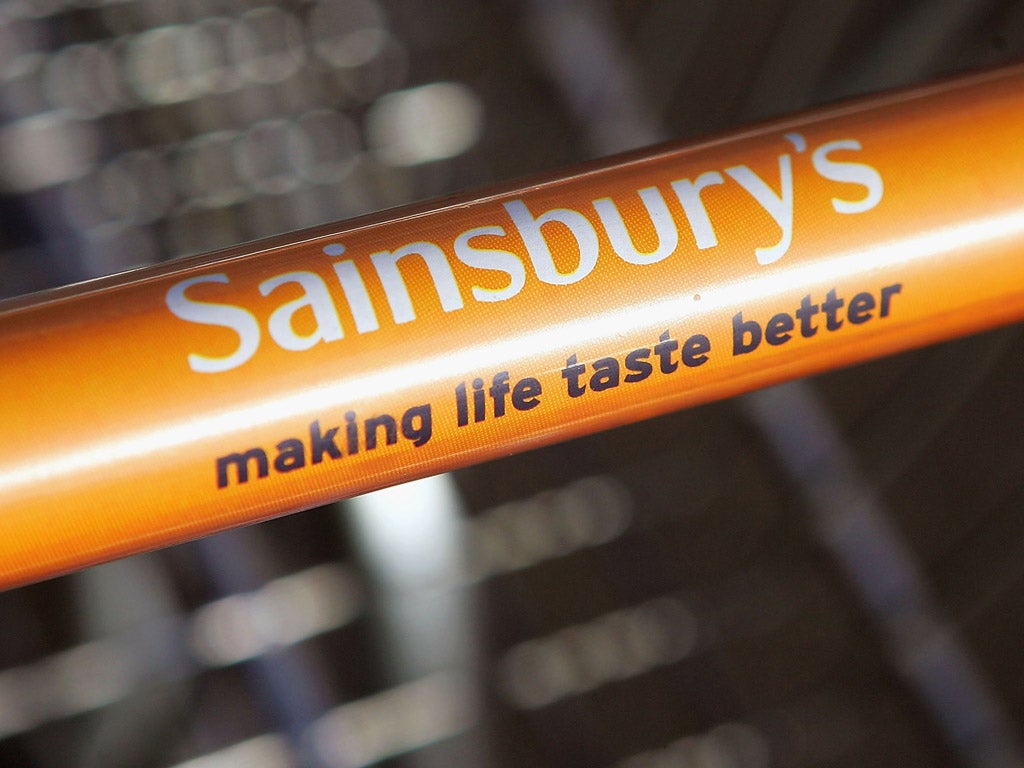The endemic use of meaningless slogans trying to sell us products
I looked around the kitchen. A loaf of bread had the words “dedicated know-how”. Salt said it “simply unlocks flavour”. A bottle of water was “made with parents in mind”

It was a pretty slow evening at home, I’ll admit.
In the course of rearranging a kitchen cupboard I picked up a can of haricot beans and studied it, trying to recall why I’d bought it. On the label was printed the slogan “Chosen by you”. I winced. Yeah, I’d chosen that can of beans, but if I’d been glancing at it in a supermarket the slogan “Rejected by you” would have been more appropriate. “Chosen by you” meant nothing. It failed to bond me closely to the beans. The slogan may have been the cherished offspring of a boardroom meeting and a brainstorming session, but it succeeded only in filling space on the label. Badly.
Suddenly thrust into a state of low-to-medium alert, I looked around the kitchen. A loaf of bread had the words “dedicated know-how” written on the bag. A tub of salt informed me that it “simply unlocks flavour”. A bottle of water was, astoundingly, “made with parents in mind”. A can of sweetcorn promised “steam locked goodness”. A box of cereal was “honest, tasty and real” – yes, this cereal was tangible, in existence, present in the room. I started to lose it a bit. Nothing made any sense any more. I left the house to go for a walk, and as I passed my local cafe I noticed that the hoarding contained the slogan “Always more”. I inadvertently made a small noise. Always more what? More bacon? More chairs? More menus? Always? What does it mean? What on earth is happening?
The curse of “wackaging” – the cutesy copy that you see emblazoned on products that tells you, for example, to “keep me in the fwidge!” (or worse) – is well documented, but at least you know what wackaging is trying to do: strike up some kind of faux bonhomie between you and the product. The endemic use of meaningless slogans is far more irritating, because they actively pretend to mean something. I’ve seen some grim things, ladies and gentlemen. I’ve seen Premier Inn’s “More break-feast than breakfast”. Budweiser’s “Where friends become neighbours”. I’ve seen “Extended relax” emblazoned on drink packaging. “No Tampax, No Glory”. “Hand-fried crisps”. “Grow a vision with public transport”. “Fresh banking”. “The country that travels within you”. “Don’t believe everything you think”. “Know the weather before it knows you”. “Always up to 60% less”. “If you think our way, travel our way”. “Say yes to summer”. I’ve still got no idea what happens if I don’t agree to say yes to summer.
Of course, it’s easy to get all Lynne Truss on your ass, to rail against the supposed misuse of the English language and bemoan its perceived erosion. But apostrophe misplacement is a comparatively minor misdemeanour, and “Nuff mile on my sock” is, frankly, a beautiful way of expressing tiredness after a long walk. Meaningless slogans, however, and the way we unquestioningly accept the smugly delivered hooey contained therein, is a profound irritant that’s definitely made “without you in mind”.
Twitter: @rhodri

Join our commenting forum
Join thought-provoking conversations, follow other Independent readers and see their replies